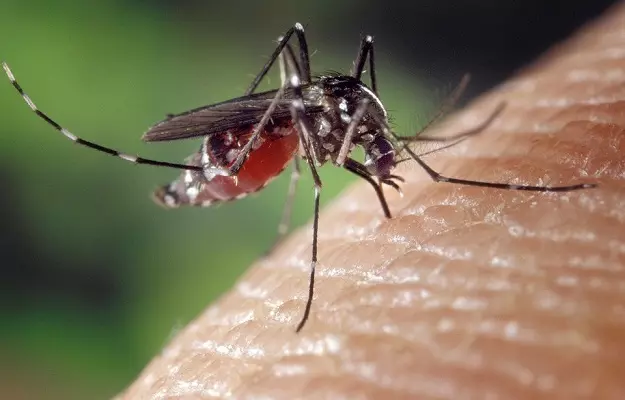The COVID-19 pandemic has spread across 178 countries around the world. As of April 2020, there are no cures or vaccines available for this highly-contagious viral infection, and most global as well as local healthcare systems are being tested beyond their limits due to this public health emergency.
While such immense pressure on public healthcare systems is quite normal during a pandemic, both in developed as well as developing countries, one must also take into account the existence and outbreak of other diseases that plague the world seasonally. Malaria, a common disease that recurs in parts of Asia, Africa and South America, is a present and constant threat that claims over 800,000 deaths each year.
It’s important to remember during this time that simply because the COVID-19 infection is the major global threat currently, neither the malaria-causing parasite known as Plasmodium nor the female Anopheles mosquito which spreads malaria will take a pandemic into consideration and minimise the threat of malaria.
Instead, and especially in countries like India, disruptions in healthcare services and preventive measure protocols could lead to an outbreak of malaria during the summer and monsoon months of 2020, as the World Health Organization has already pointed out. Hence, it is important to resume preventive measures for malaria to minimise the risk of adding a malaria outbreak on top of the COVID-19 pandemic.



































